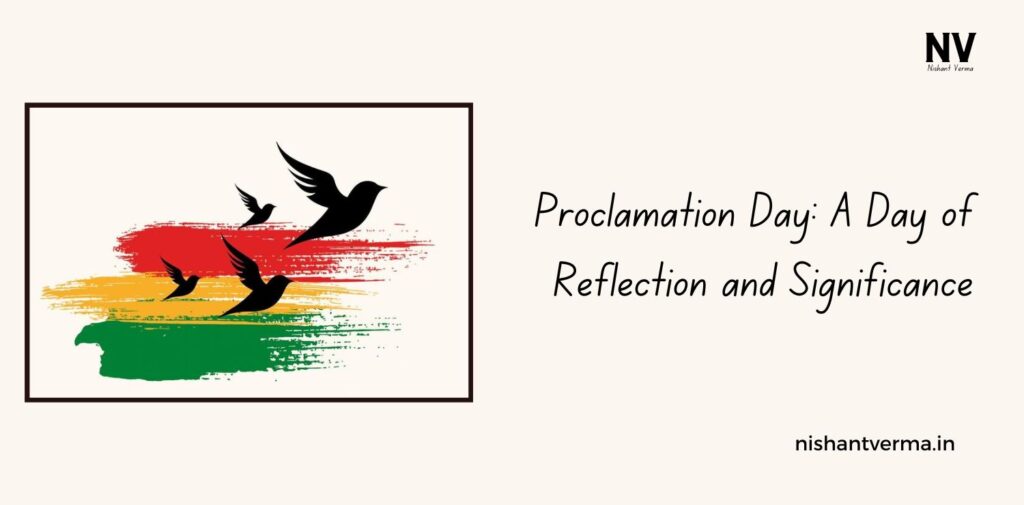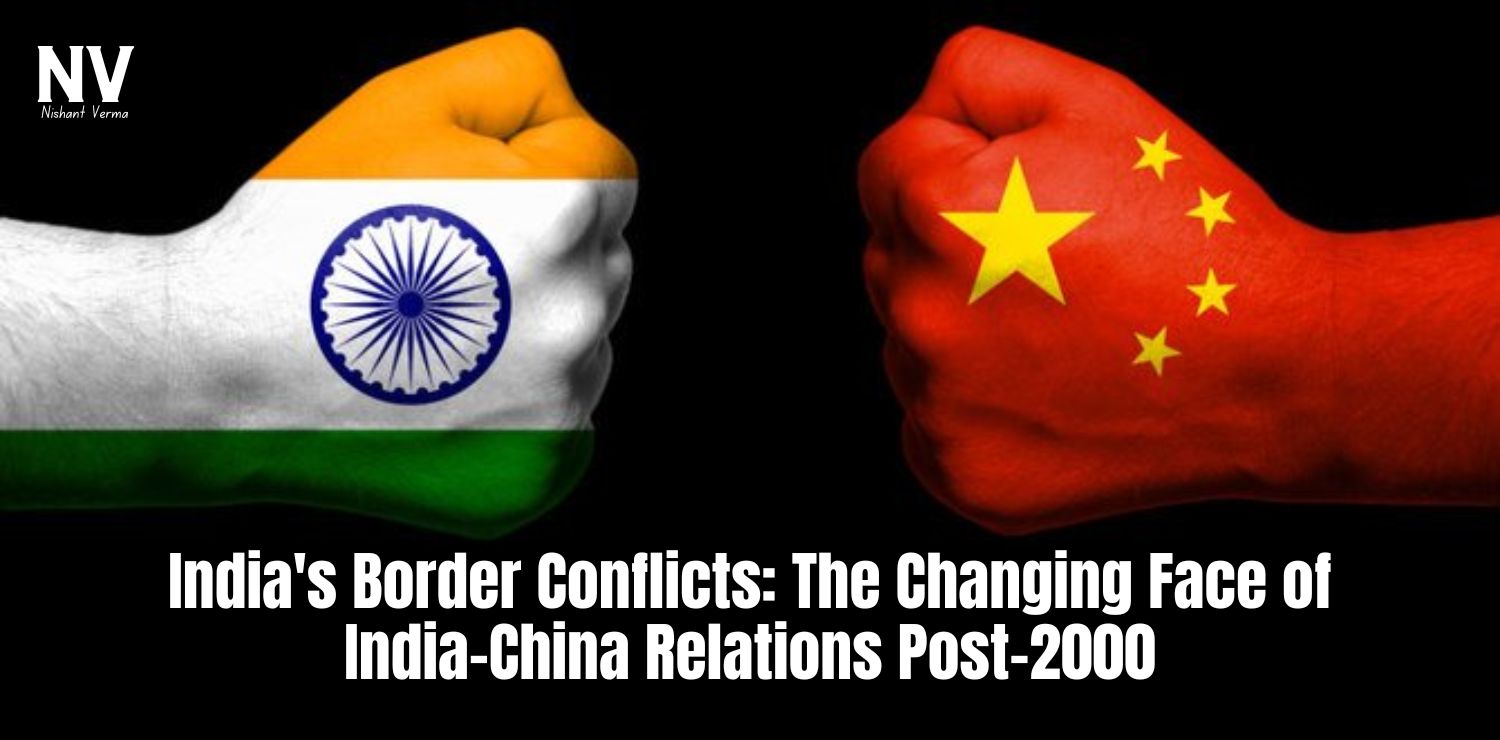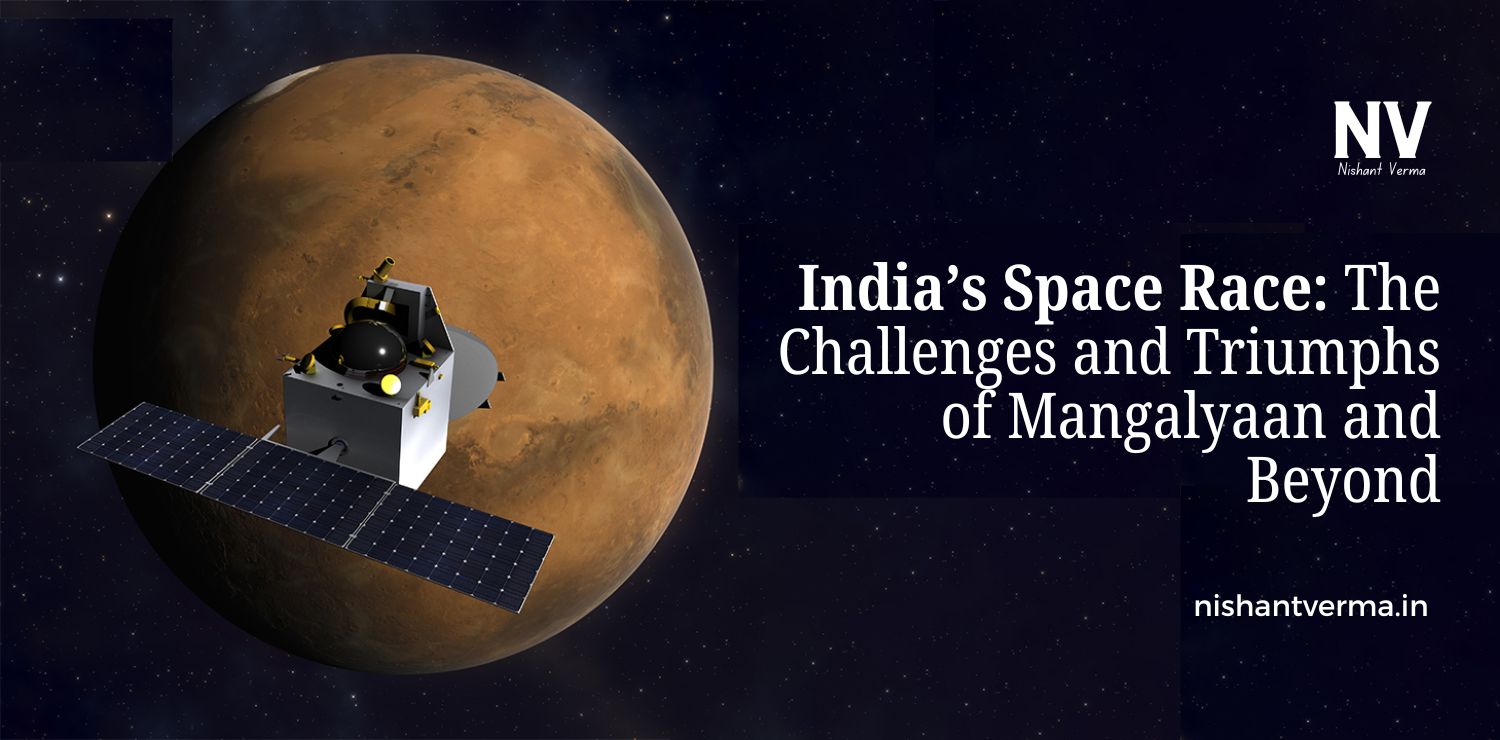Proclamation Day is a day that holds special significance in many parts of the world, particularly in certain regions of Canada. It is a day that commemorates important historical events, marking moments of change and development in a country’s history. Though it is not as widely known as some other public holidays, it remains an important day for understanding the evolution of nations, particularly in the context of colonial history and the development of self-governance.
In this article, we will explore what Proclamation Day is, its historical background, its significance, and the ways it is observed. Through this exploration, we aim to understand the meaning behind this day and why it continues to be relevant today.
What is Proclamation Day?
Proclamation Day refers to the day when a proclamation, or an official announcement, was made by a governing authority. This proclamation often marked a turning point in the history of a country or region, such as the establishment of a new colony, the granting of rights to citizens, or the recognition of new territories. Proclamation Day serves as a reminder of these pivotal moments in history.
In the context of Canada, Proclamation Day typically refers to the day in 1763 when the British government issued the Royal Proclamation of 1763. This proclamation marked a major shift in the administration of British territories in North America, particularly following the end of the Seven Years’ War (also known as the French and Indian War in North America). It was a significant document that helped shape the future of Canada and the relationship between Indigenous peoples, settlers, and the British government.
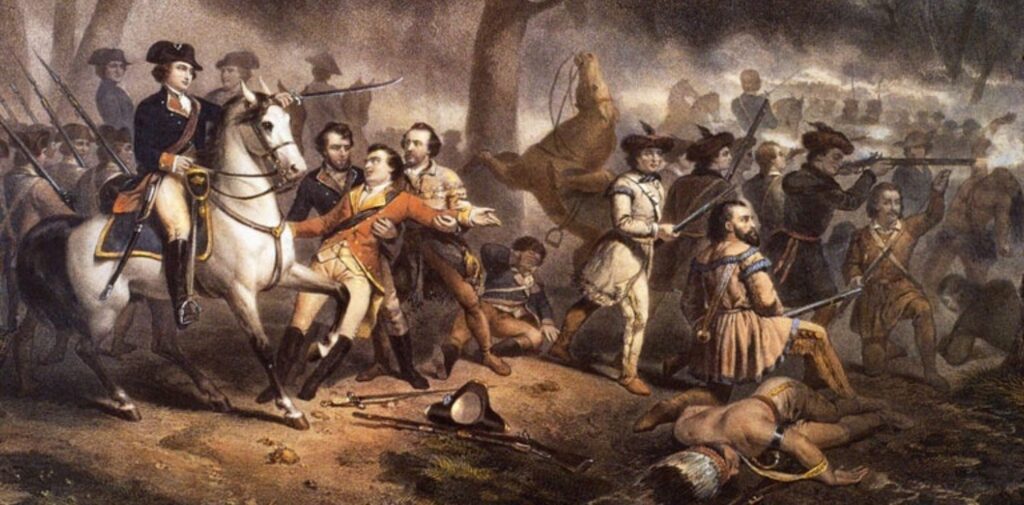
Historical Background of Proclamation Day in Canada
The Royal Proclamation of 1763 was issued by King George III of Britain on October 7, 1763, and it aimed to establish new rules for governing British lands in North America. At the time, Britain had just defeated France in the Seven Years’ War and had gained control of large areas of territory, including Canada and other French colonies in North America. The proclamation was intended to regulate settlement, trade, and relations with Indigenous peoples in these newly acquired territories.
One of the key elements of the proclamation was the establishment of boundaries for settlement. The proclamation prohibited British settlers from moving westward beyond the Appalachian Mountains. This was done to avoid conflict with Indigenous nations who lived in these areas and to allow for more peaceful relations between settlers and Indigenous peoples. In essence, the Royal Proclamation sought to prevent further encroachment on Indigenous lands and recognize their rights to land and self-governance.
The proclamation also promised that treaties would be negotiated with Indigenous peoples, rather than simply taking their lands. This document laid the foundation for future treaty negotiations between Indigenous nations and the British Crown. It is often seen as one of the first attempts to formalize and protect the rights of Indigenous peoples in Canada, although many of the promises made in the proclamation were not fully honoured by the British government or later Canadian authorities.
Proclamation Day, which celebrates this document, is observed in various parts of Canada, particularly in the provinces of Nova Scotia, Newfoundland, and Labrador. It serves as an opportunity to reflect on the history of the region, including its colonial past, Indigenous rights, and the ongoing relationship between settlers and Indigenous peoples.
The Significance of Proclamation Day
The significance of Proclamation Day lies in the historical context of the Royal Proclamation of 1763 and the important changes it brought to British North America. Here are a few key reasons why this day continues to hold importance:
- Recognition of Indigenous Rights: The Royal Proclamation of 1763 was one of the first formal documents to recognize the rights of Indigenous peoples in North America. By acknowledging Indigenous land rights and establishing that treaties should be made with Indigenous nations, the proclamation set the stage for future negotiations and agreements. For many Indigenous peoples, Proclamation Day represents a moment of recognition and respect for their sovereignty and traditional lands.
- Colonial History and Governance: Proclamation Day marks an important moment in Canada’s colonial history. The Royal Proclamation was issued at a time when Canada was still a British colony, and it reflected the British Crown’s attempt to manage its new territories in North America. The proclamation helped to lay the groundwork for the governance structure of Canada, which would evolve into the self-governing Dominion of Canada in 1867.
- Impact on Settlement and Development: The proclamation’s restrictions on westward expansion and settlement were intended to limit conflict and preserve the peace with Indigenous peoples. However, these restrictions also had a long-term impact on the development of Canada. The boundaries established by the Royal Proclamation influenced where settlers could move, shaping the patterns of settlement and the eventual development of Canada as a nation.
- Continuing Legacy: Proclamation Day is an opportunity to reflect on the legacy of the Royal Proclamation of 1763 and its implications for modern Canada. Despite the promises made in the proclamation, Indigenous peoples have faced numerous challenges, including broken treaties, land disputes, and the ongoing struggle for recognition and justice. Proclamation Day offers a chance to raise awareness about these issues and continue the dialogue about reconciliation.
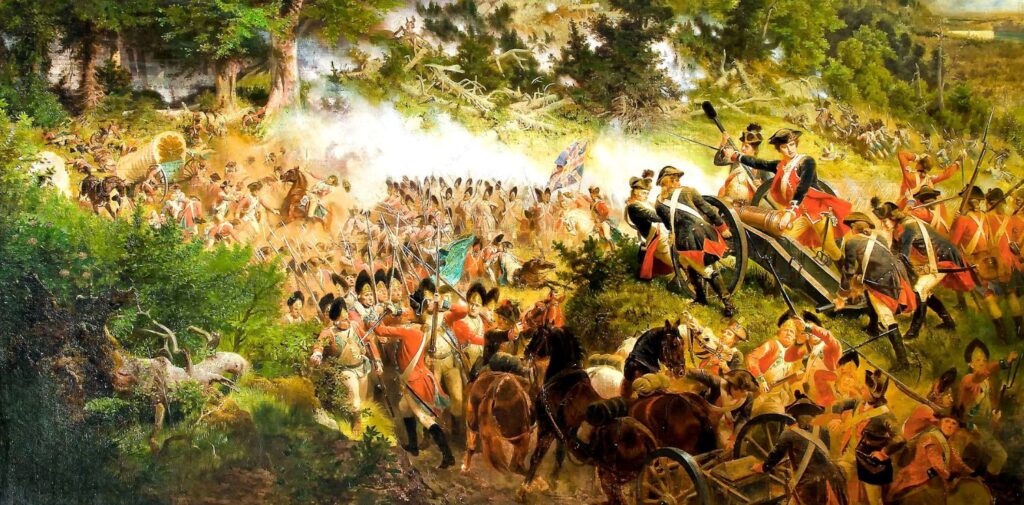
How is Proclamation Day Observed?
Proclamation Day is not a statutory holiday in most parts of Canada, but it is still observed by certain communities, especially in Nova Scotia. The day is marked by events that commemorate the historical significance of the Royal Proclamation of 1763. These events often include educational programs, cultural celebrations, and reflections on the relationship between Indigenous peoples and non-Indigenous Canadians.
In Nova Scotia, Proclamation Day is recognized as a public holiday, and it is a time to reflect on the province’s history, including the early interactions between Indigenous peoples and European settlers. Some communities may hold ceremonies, discussions, or workshops that focus on the history of the Royal Proclamation and its impact on the region.
Indigenous communities may also observe Proclamation Day in their way, highlighting the significance of the proclamation in the context of their ongoing struggle for rights, land, and self-determination. It is a time for Indigenous peoples to celebrate their history and culture, while also advocating for the recognition and protection of their rights.
In other parts of Canada, Proclamation Day may not be widely celebrated, but it is still recognized by historians, scholars, and Indigenous leaders who seek to raise awareness about the historical importance of the Royal Proclamation of 1763. Educational institutions, museums, and cultural organizations may hold events or displays that focus on this important document.
Conclusion
Proclamation Day is a significant day for understanding the history and development of Canada, particularly in the context of colonialism, Indigenous rights, and the formation of the nation. The Royal Proclamation of 1763, which marks this day, is an important historical document that sought to protect Indigenous lands and rights while regulating settlement in newly acquired territories. Though the promises of the proclamation were not always fully realized, it remains a symbol of the early attempts at reconciliation and respect for Indigenous peoples.
As we reflect on Proclamation Day, it is important to remember the historical context in which it occurred and the ongoing legacy of colonialism and Indigenous rights in Canada. By commemorating this day, we acknowledge the complex history of the country and strive for a better understanding of the relationship between Indigenous and non-Indigenous peoples. Proclamation Day serves as an opportunity for reflection, education, and continued dialogue about the shared history of Canada and the path toward reconciliation.

